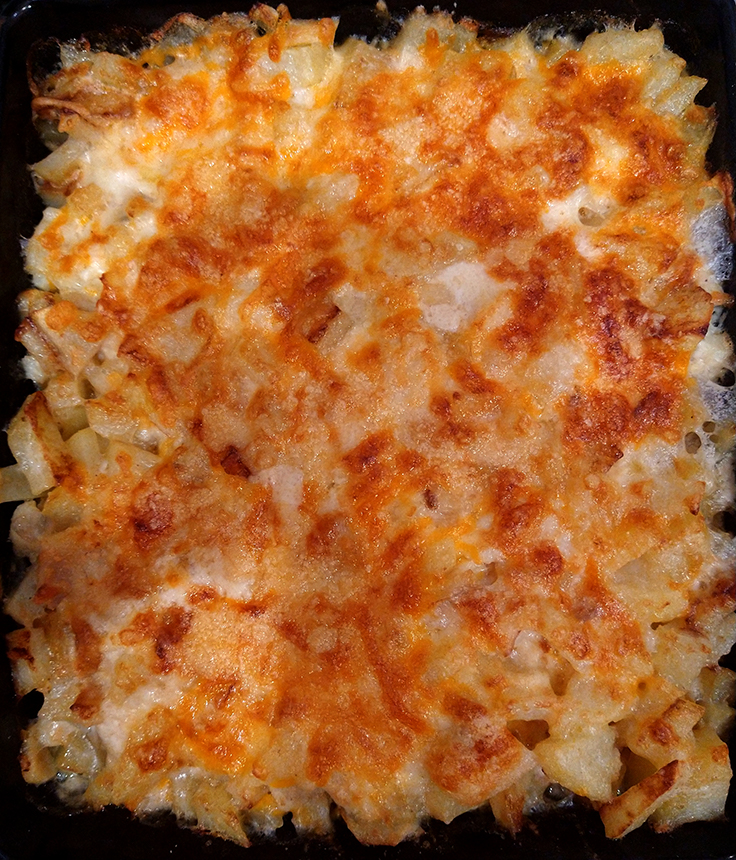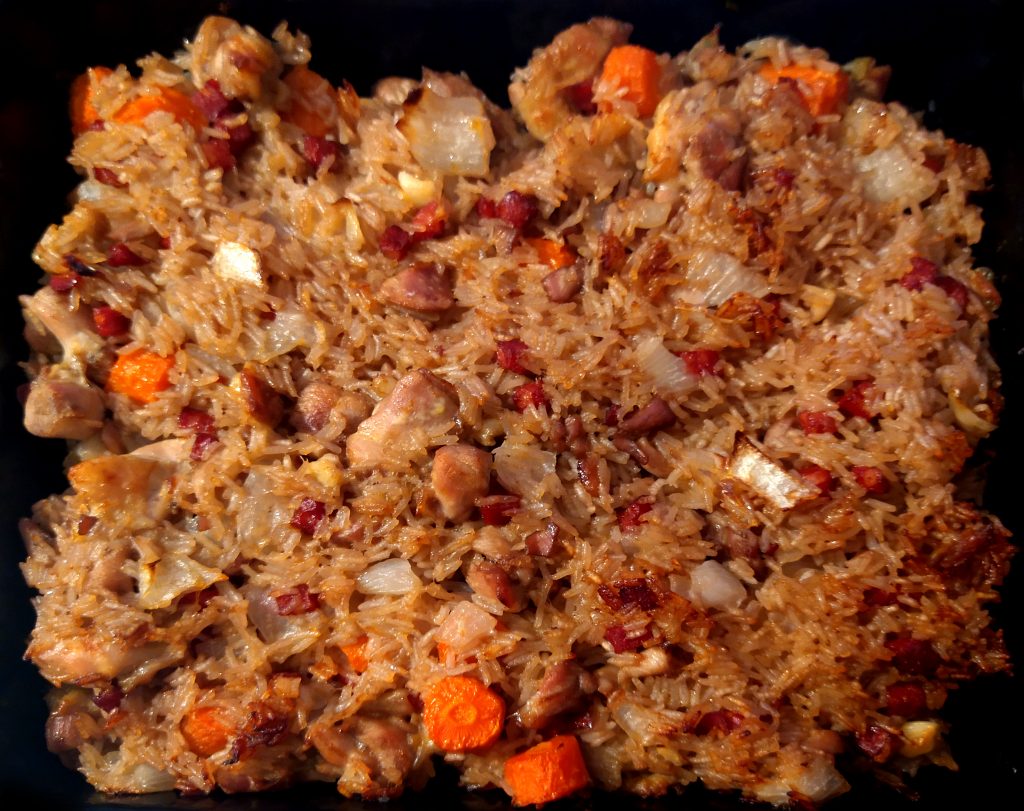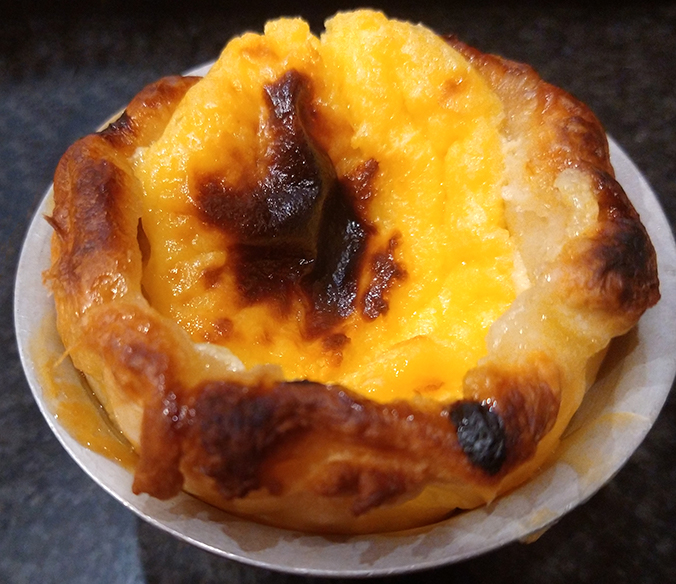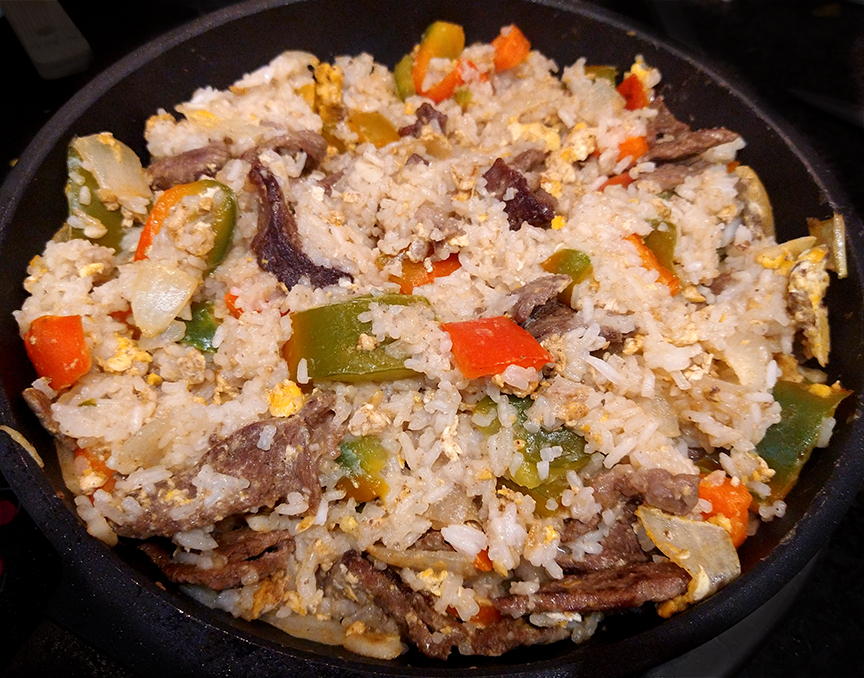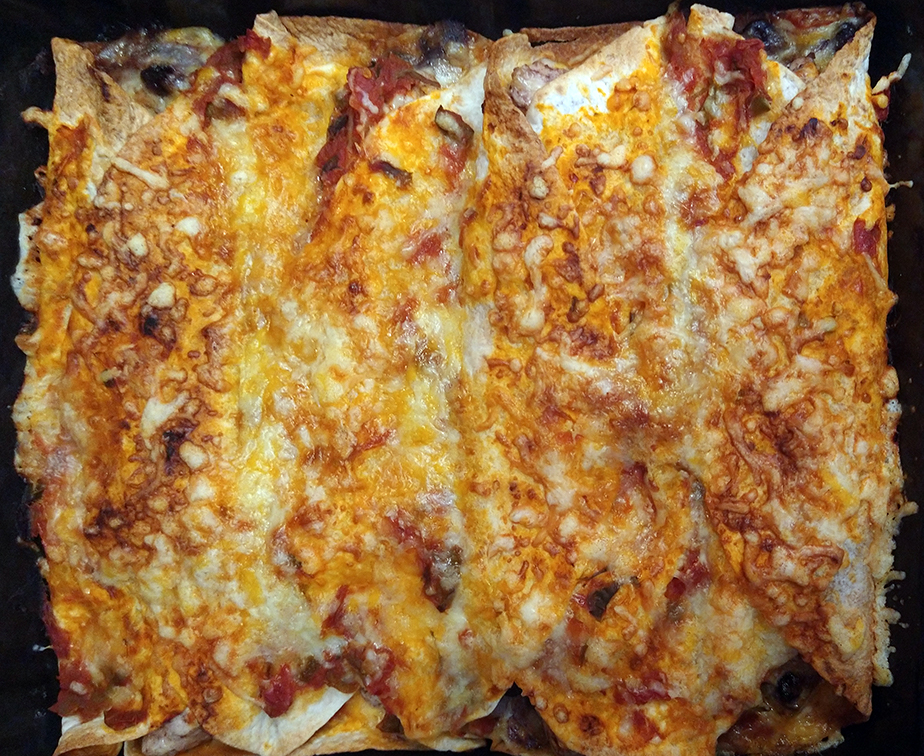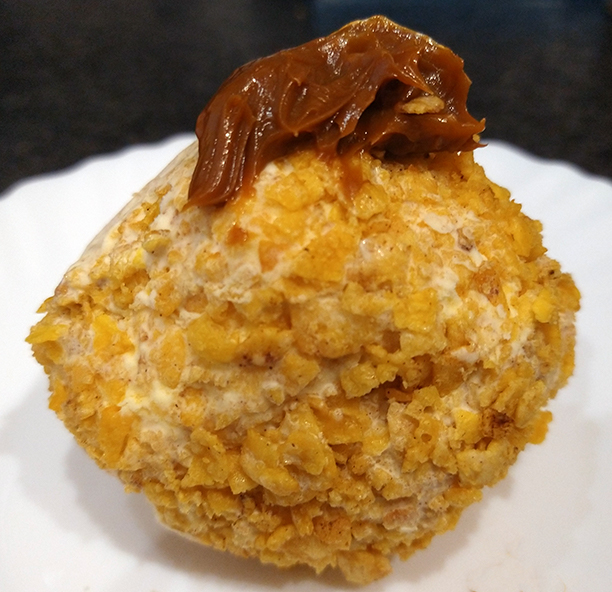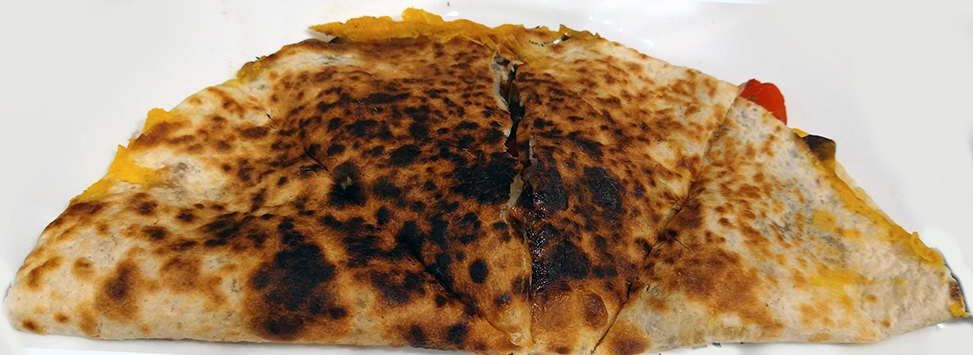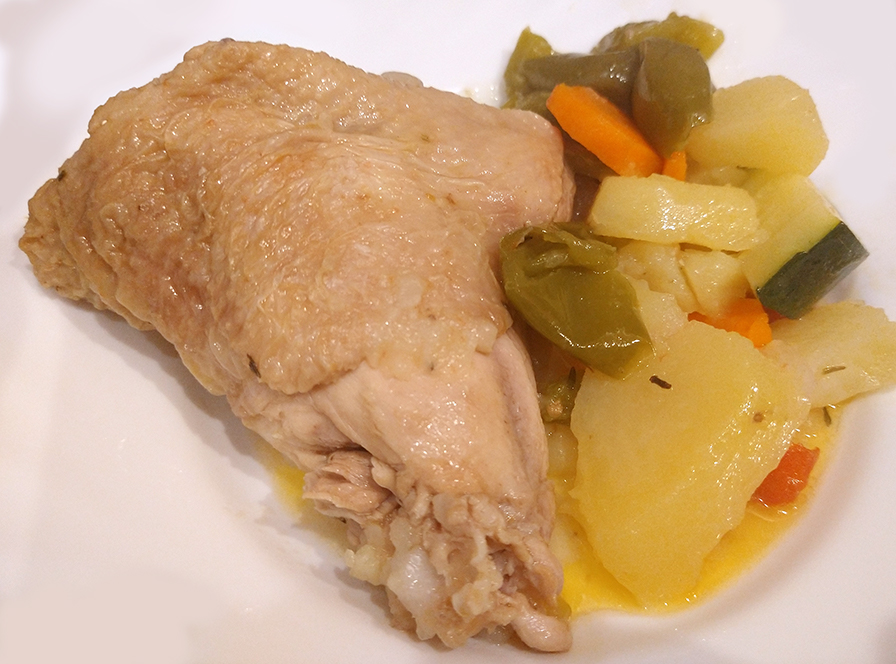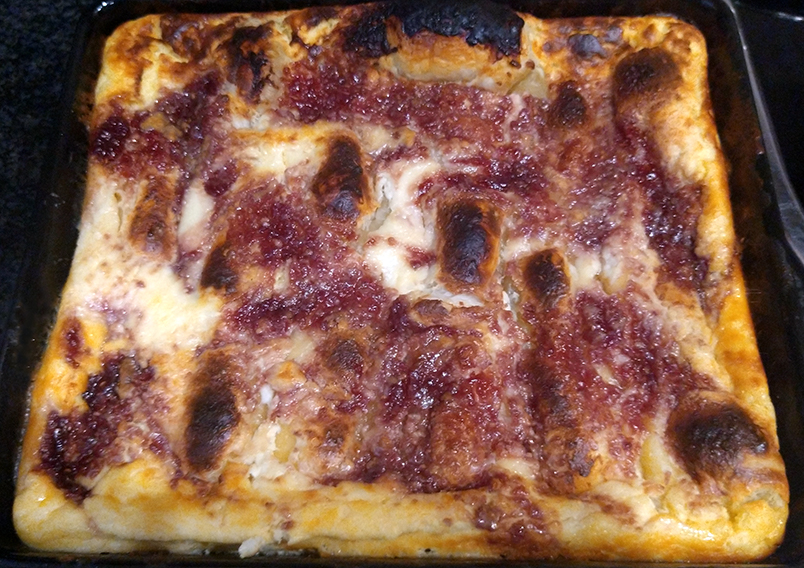We are hosting a paper development workshop at the International Conference on Information Systems (ICIS) to be held in Austin, Texas this December. The title of the workshop is DEEP TECH: EMERGING OPPORTUNITIES IN INNOVATION AND ENTREPRENEURSHIP.
Deep technologies, usually referred to as technologies based on cutting-edge science with long research and development processes, are receiving increasing attention from investors and policy as a means to solve the most pressing societal challenges, leverage new business opportunities, and increase global economic growth.
Despite its potential and the recent rise of the term, deep tech remains a ‘black box’ for both practitioners (i.e. traditional investors who associate deep tech with high risks, long gestation periods, and uncertainty of their development paths), but also for IS and management scholars who have lagged in assimilating what deep tech is and the innovation processes producing deep tech. Scholarly literature defining deep tech and exploring its challenges and opportunities is scant, at best.
To respond to the increasing need to fundamentally understand deep tech, this PDW sets out to establish a shared understanding of the unique nature of deep technologies and to shed light on its implications to innovation and entrepreneurship. The PDW will start with a panel discussion with Michel Avital, Richard Baskerville, Samir Chatterjee, and Meltem Ballan, representing diverse perspectives from academia and industry.
The panel will be followed by semi-structured roundtable discussions with participants to shape emerging research opportunities for future deep tech research. All participants will give and receive feedback on their ongoing research from senior scholars and peers.
To participate in the Professional Development Workshop, please read the description found here: https://t.co/YluU7G6WfT?amp=1
If you are interested, please submit your applications to Laia Pujol Priego (lpujolp@iese.edu).
Angelo Romasanta, Ramon Llull University, ESADE Business School
Laia Pujol Priego, IESE Business School
Jonathan Wareham, Ramon Llull University, ESADE Business School
Hannes Rothe, ICN Business School




